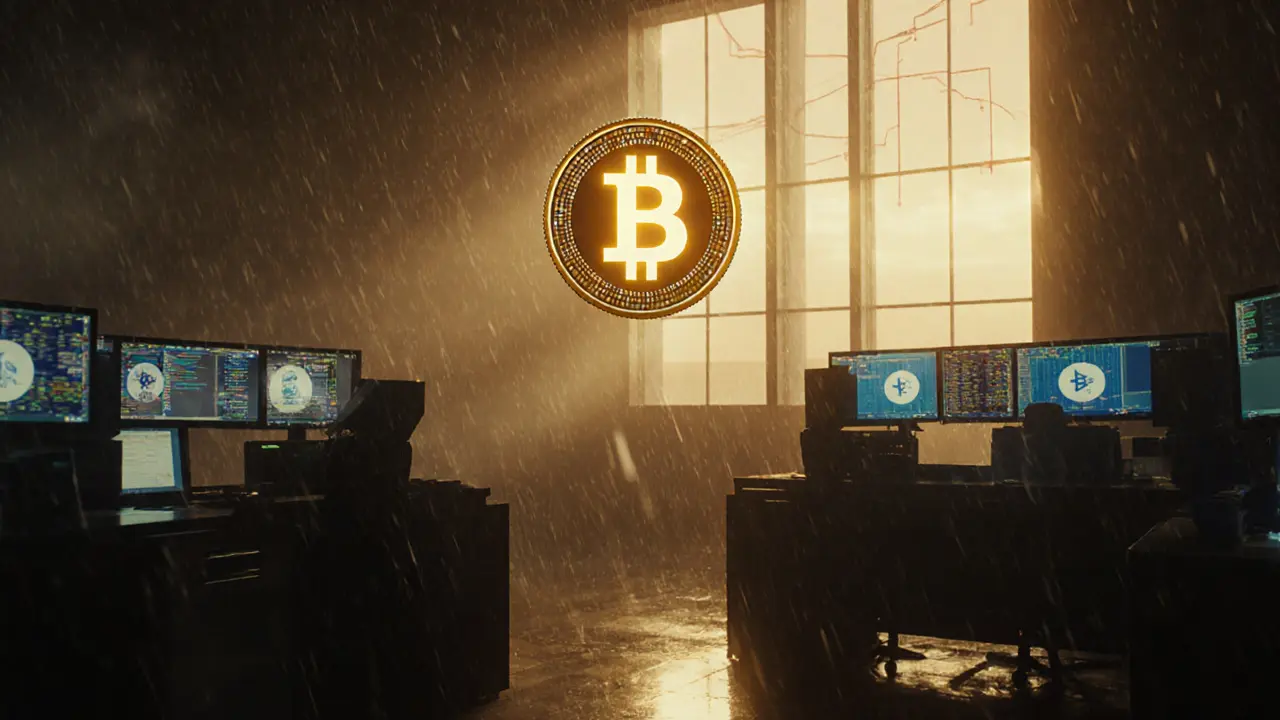Security Tokens Trading: What They Are and How They Work
When you trade security tokens, digital representations of ownership in real-world assets like stocks, real estate, or debt, regulated under financial laws. Also known as tokenized securities, they’re not just another crypto gamble—they’re legal financial instruments built on blockchain. Unlike Bitcoin or meme coins, security tokens are tied to actual value: a share in a company, a slice of a rental property, or a bond paying interest. That’s why governments treat them like traditional securities—meaning they must follow strict rules around who can buy them, how they’re sold, and what info must be disclosed.
That’s where security token offerings, the process of issuing and selling security tokens to investors under regulatory oversight come in. Think of them like an IPO, but on blockchain. Instead of paper stock certificates, you get a digital token that proves you own part of something real. Platforms that handle these trades need licenses, audits, and KYC checks—no anonymous wallets allowed. This is why you won’t find security tokens on random exchanges like BIJIEEX or VAEX. You’ll find them on regulated platforms that follow rules from the SEC, MiCA, or other financial authorities. And because they’re backed by real assets, their price doesn’t swing wildly based on Twitter hype—it moves with the underlying value, like a stock or bond would.
Security tokens also enable things that traditional finance struggles with: faster settlements, 24/7 trading, and fractional ownership. Want to own 0.05% of a Manhattan office building? With security tokens, you can. Need to transfer your share of a startup’s equity in minutes instead of weeks? Done. But this doesn’t mean it’s easy or risk-free. Liquidity is still low, regulations vary by country, and not all projects are legit. That’s why you need to know what you’re buying—just like you’d check a company’s financials before buying its stock.
The posts below cover exactly that: real examples of tokenized assets, how they’re structured, which platforms are trustworthy, and what red flags to watch for. You’ll see how blockchain is changing how we own and trade real-world value—not just speculative tokens. Whether you’re looking at diamond-backed tokens like Tiamonds or exploring how patent rights get tokenized, this collection cuts through the noise and shows you what actually works in security tokens trading today.
 6 Nov 2025
6 Nov 2025
BEX Mauritius Block Exchange has a regulatory license but zero trading volume, no user reviews, and no transparency. Learn why this security token platform isn't viable despite its claims.
View More
